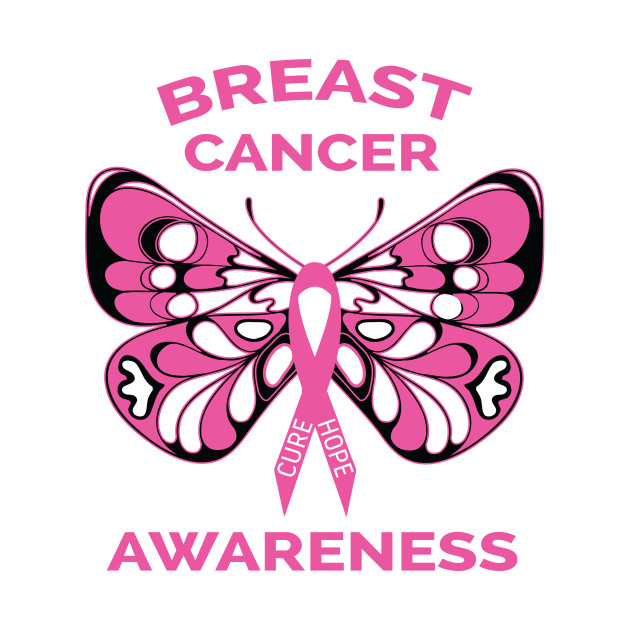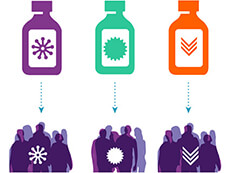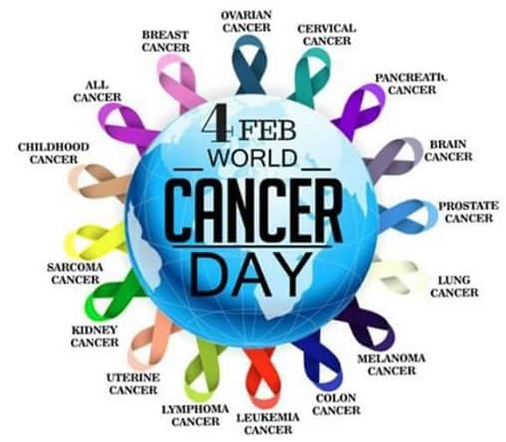|
MSM (MethylSulfonylMethane) is an abbreviation of methylsulfonylmethane, an organic form of sulfur. The chemical formula of MSM is CH3SO2CH3. It is the form in which sulfur is biologically active and appears in nature in all living organisms.
$39.95
Iodine is a trace mineral that is vital to the function of the thyroid gland. The human body does not make iodine, so all iodine intake must come from either our diet or from supplements.
|
|
Cancer Treatment >
Immunotherapy
 Immunotherapy to Treat CancerImmunotherapy: How the Immune System Fights Cancer Learn about nonspecific immune stimulation, T-cell transfer therapy, and immune checkpoint inhibitors, which are 3 types of immunotherapy used to treat cancer. Immunotherapy is a type of cancer treatment that helps your immune system fight cancer. The immune system helps your body fight infections and other diseases. It is made up of white blood cells and organs and tissuesof the lymph system. Immunotherapy is a type of biological therapy. Biological therapy is a type of treatment that uses substances made from living organisms to treat cancer. Types of ImmunotherapySeveral types of immunotherapy are used to treat cancer. These treatments can either help the immune system attack the cancer directly or stimulate the immune system in a more general way. Types of immunotherapy that help the immune system act directly against the cancer include:
Types of immunotherapy that enhance the body’s immune response to fight the cancer include:
Who Receives ImmunotherapyImmunotherapy is not yet as widely used as surgery, chemotherapy, and radiation therapy. However, immunotherapies have been approved to treat people with many types of cancer. To learn about immunotherapies that may be used to treat your cancer, see the PDQ® adult cancer treatment summaries and childhood cancer treatment summaries. Many other immunotherapies are being studied in clinical trials, which are research studies involving people. To find a study that may be an option for you, visit Find a Clinical Trial. How Immunotherapy Works against Cancer NCI’s Role in Immunotherapy ResearchNCI supports a wide range of immunotherapy research, from basic science to clinical trials. One reason that cancer cells thrive is because they are able to hide from your immune system. Certain immunotherapies can mark cancer cells so it is easier for the immune system to find and destroy them. Other immunotherapies boost your immune system to work better against cancer. Immunotherapy Can Cause Side Effects Immunotherapy can cause side effects, which affect people in different ways. The side effects you may have and how they make you feel will depend on how healthy you are before treatment, your type of cancer, how advanced it is, the type of therapy you are getting, and the dose. Doctors and nurses cannot know for certain how you will feel during treatment. The most common side effects are skin reactions at the needle site. These side effects include:
You may have flu-like symptoms, which include:
Other side effects might include:
Immunotherapies may also cause severe or even fatal allergic reactions. However, these reactions are rare. How Immunotherapy Is GivenDifferent forms of immunotherapy may be given in different ways. These include:
Where You Go for Your Immunotherapy TreatmentYou may receive immunotherapy in a doctor’s office, clinic, or outpatient unit in a hospital. Outpatient means you do not spend the night in the hospital. How Often You Will Receive Immunotherapy TreatmentHow often and how long you receive immunotherapy depends on:
You may have treatment every day, week, or month. Some immunotherapies are given in cycles. A cycle is a period of treatment followed by a period of rest. The rest period gives your body a chance to recover, respond to the immunotherapy, and build new healthy cells. How to Tell Whether Immunotherapy Is WorkingYou will see your doctor often. He or she will give you physical exams and ask you how you feel. You will have medical tests, such as blood tests and different types of scans. These tests will measure the size of your tumor and look for changes in your blood work. |
|
|

OPEN 24 HOURS: ACCIDENT EMERGENCY, LAB SERVICES, IMAGING SERVICES & PHARMACY










